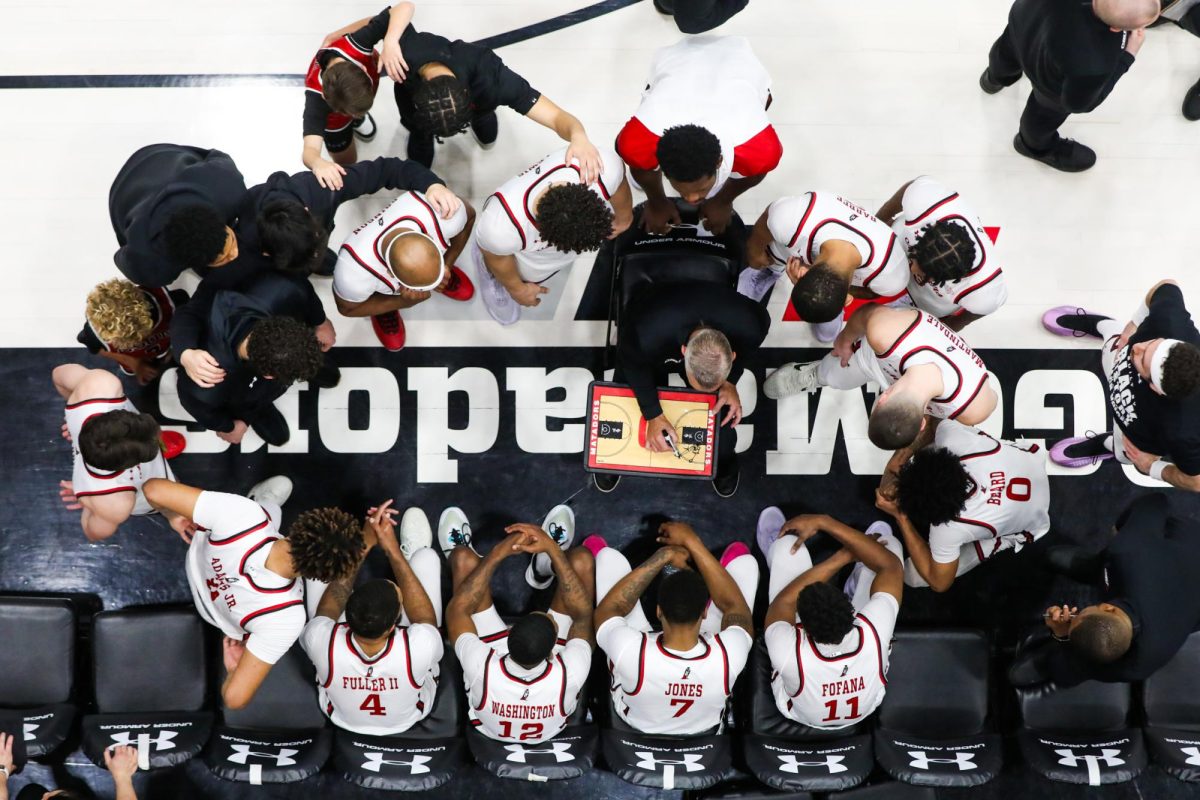There are many resources today that are provided to students which allow them to attend college, however, there is still a feeling of displacement and guilt that comes to first-generation and low-income students, called “achievement guilt.”
University Counseling Services counselor Aleska Hogan is a first-generation college student who also grew up poor. She said her family still lives in government housing and uses government resources to survive. Hogan, however, does not. Her presentation revolved around the idea of guilt that surrounds first-generation college students, explaining that it is real, relatable and manageable.
Hogan opened with the statistic that over half of CSUN’s students come from low-income backgrounds.
“Even a dorm room with regular meals can feel like a luxury,” Hogan said. “When I’d go back home to visit, I’d feel bad.”
Within her presentation, Hogan included video examples of students from across the country who feel similarly, and a few students in the room spoke up about their particular struggles.
The sense of community permeated throughout the room as students shared experiences in tears. Hogan explained the catharsis that comes with the emotional experience.
“You can make others feel not alone,” Hogan said, comforting an audience member who shared a story regarding her family’s income status.
Hogan assured everyone in the room that it was a place free of shame and should be seen as a safe space.
For low-income and first generation college students, their successes can feel undeserved or unfair. Hogan explained that many students struggle with feeling like a savior who is meant to protect and provide for their families, while also feeling guilty for leaving their families behind in order to provide that better life.
However, she emphasized the importance of taking pride in everything that first-generation students are doing for their families.
“Oftentimes, they’re our motivation for being here in the first place,” Hogan said.
Hogan also said that about 69 percent of first-generation students say they are in school to help their families, according to the Washington Post.
Hogan is currently working with the CSUN University Counseling Services as work toward her doctorate. However, she said her experience on other university campuses was far different compared to the CSUN campus.
She explained that because college was once a luxury limited to only those of higher social status, there is a certain environment created on college campuses that feels exclusive. Low-income students do not feel like they deserve to be in higher education and the feeling begins to manifest itself into symptoms of depression and anxiety, she said.
Hogan wanted students to understand the importance of coming to terms with their background and who they are, relieving themselves of any sense of shame.
“If you can recognize it, you can deal,” Hogan said.

















